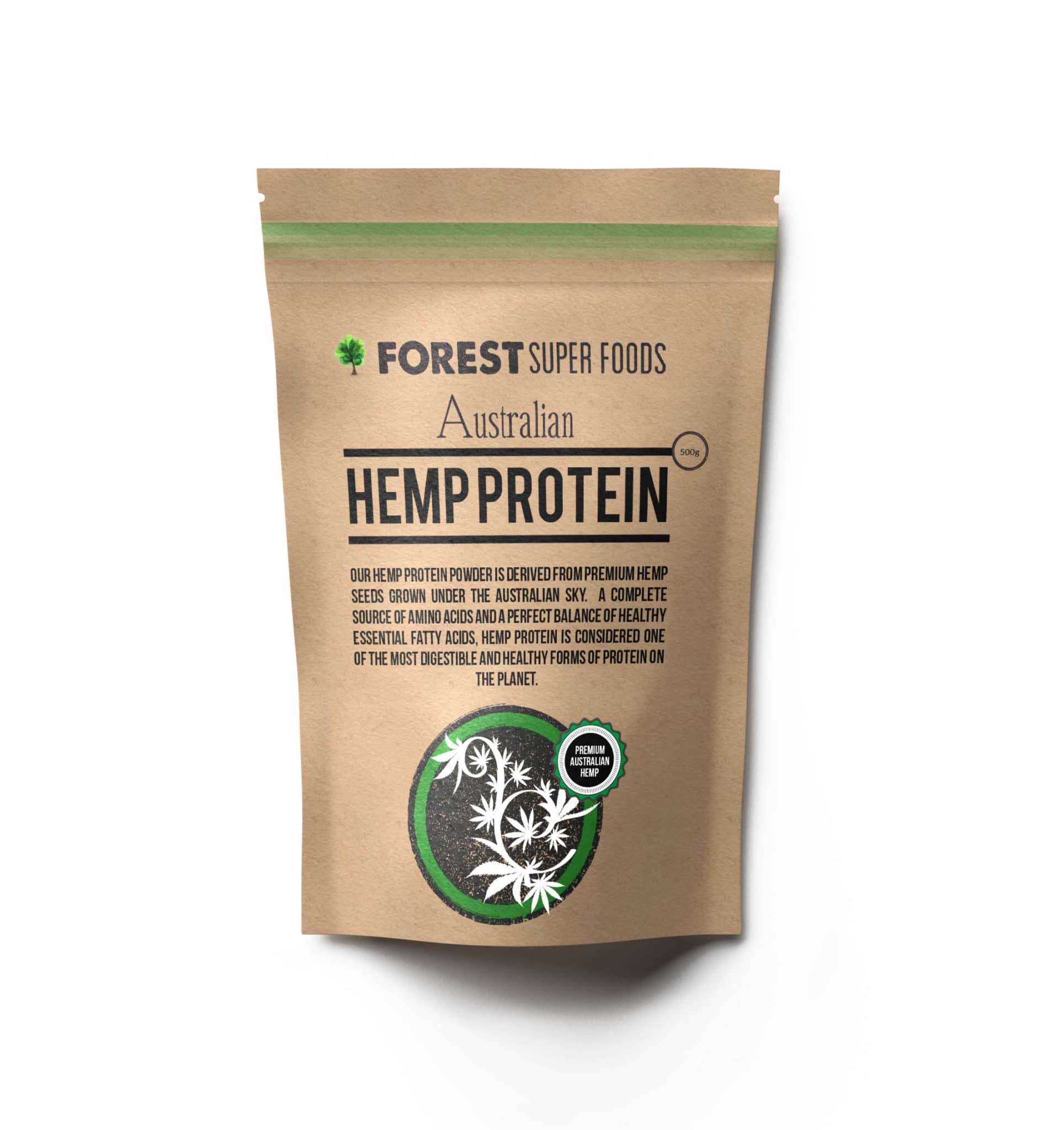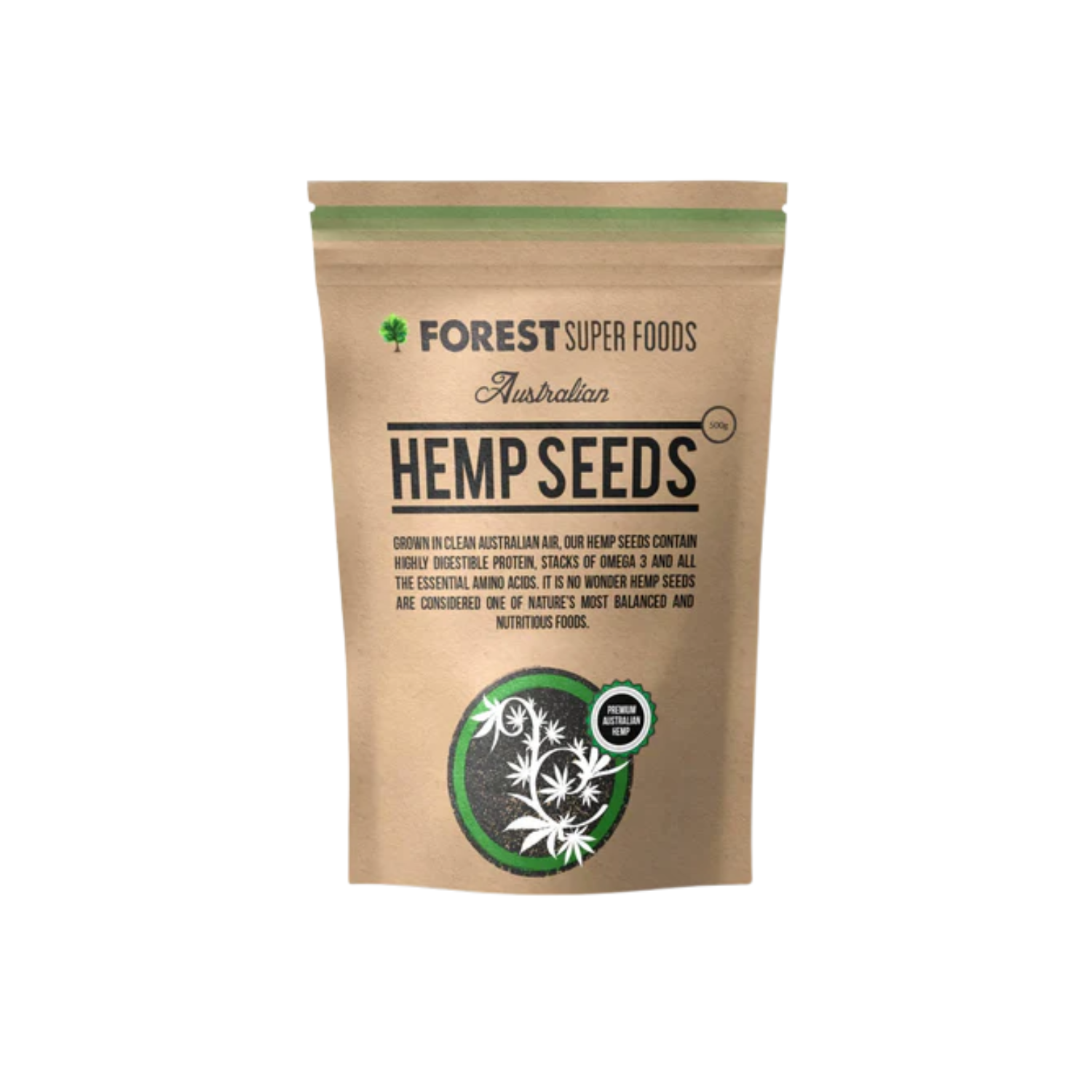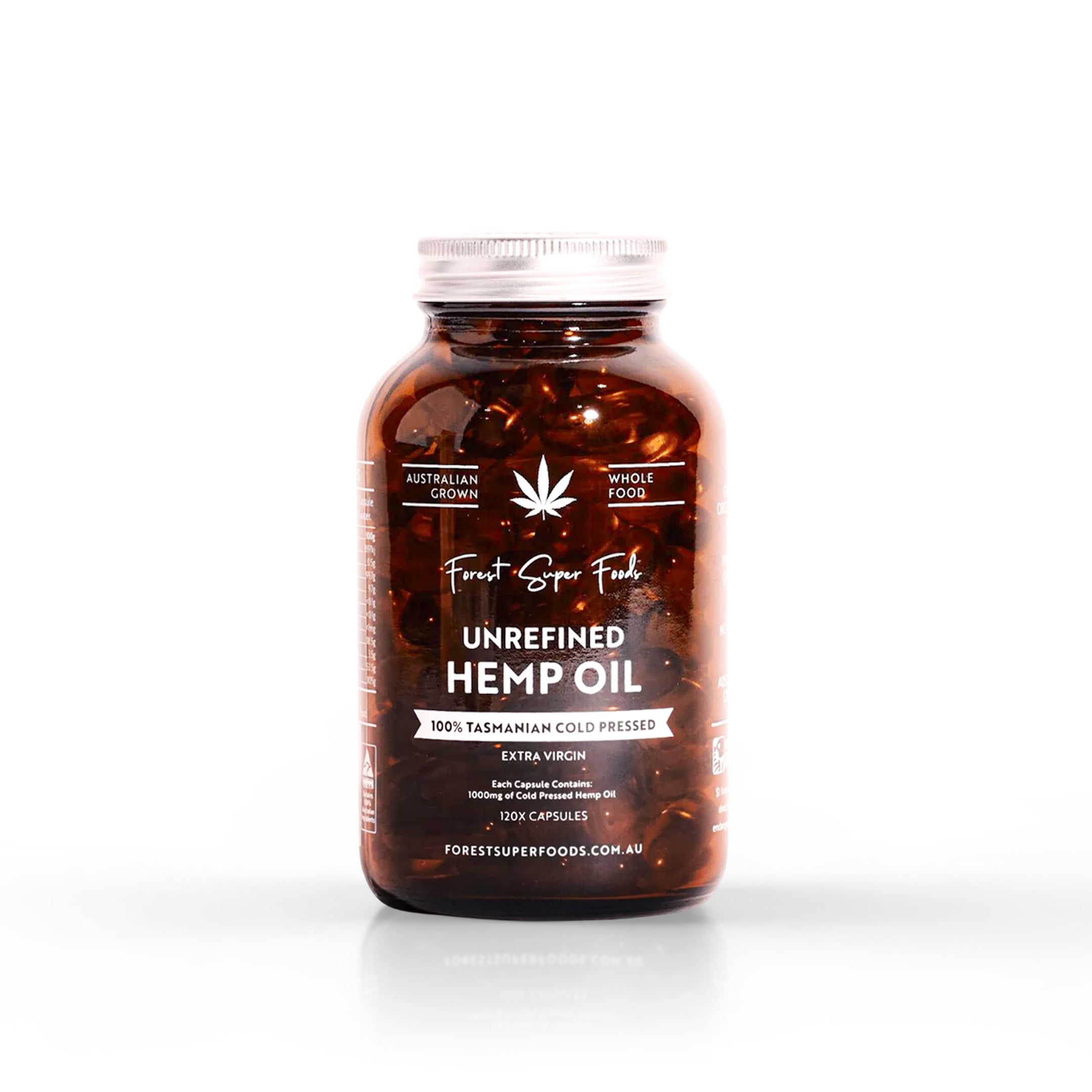When we talk about optimal health, we need to talk about physical activity; I would consider it as essential for overall health and wellness as a healthy diet.
A nutritious diet provides us with the essential nutrients we need for optimal function, growth, and repair and weight management, whilst exercise helps us build strength, supports our metabolic health and improves mental wellbeing.
So how exactly does physical activity benefit your health, and how much should you be moving each day to feel your best? Let’s take a deeper dive.
6 Benefits of Physical Activity
Cardiovascular Health
Regular physical activity, particularly aerobic movement like bike riding, swimming and running, helps to strengthen the heart muscles, improve circulation and lower blood pressure.
These exercises help reduce the risk of cardiovascular diseases such as heart attacks, hypertension and stroke.
Body Composition
Resistance training and high-intensity interval training (HIIT) help to build lean muscle mass and boost metabolism. This can help to improve your body composition by reducing body fat percentage and increasing muscle definition and strength.
Bone Health
Weight-bearing exercises like weight lifting and plyometrics can help stimulate bone density and growth, which reduces the risk of osteoporosis and fractures.
Mental Health
When we engage in physical activity, our body releases endorphins and neurotransmitters that help us to feel happy and good.
Regular exercise can help to reduce stress, anxiety and symptoms of depression, as well as boost cognitive function and self-esteem.
Sleep Quality
When we regularly exercise, we sleep better and for longer, which helps to regulate our circadian rhythms and promote a deeper, more restorative sleep.
The best part? When we sleep better, we have better energy levels and performance, which helps us to exercise more.
Immune Function
Moderate-intensity physical activity helps to strengthen the immune system, by enhancing the circulation of white blood cells and antibodies, which improves the body’s ability to fight off pathogens.
How much physical activity do you need?
To experience the benefits of physical activity for your health, it’s recommended that you engage in at least 150 minutes of moderate-intensity aerobic activity per week.
If you are engaging in vigorous-intensity aerobic activity, the optimal time frame is 75 minutes per week
You should also incorporate muscle-strengthening activities using all the major muscle groups a minimum 2 days per week.
Whilst some people prefer to exercise at designated times,, physical activity doesn’t need to be structured – you can build more movement into your routine with just a few simple lifestyle changes. Some ideas include;
- Getting off the bus a stop earlier and walking the remaining distance
- Cycling to work
- Taking the stairs rather than a lift
- Going for a brisk 20 minute walk before or after each meal
- Organising walking meetings
- Sitting on a stability ball or stretching whilst watching TV
- Walking around when you’re on the phone
- Do more outside chores yourself
Read: 5 Natural Ways to Boost Energy Levels
Foods That Can Support Physical Activity
The foods we eat can also help to support and fuel our physical activity. Try to build your plate around these foods;
Protein
Lean protein sources like beans, legumes, chicken, fish and turkey are required to help with muscle repair and growth. Take a look at these high-protein plant-based sources too.
Complex carbohydrates
Think whole grains like quinoa, oats and brown rice, starchy vegetables, pulses and fruit. These types of carbohydrates, which comprise starch, glycogen and fibre, provide easy access to an energy source for your cells, replenishing glycogen stores and providing sustained energy.
Fats
Healthy fats like avocados, nuts, seeds (hemp is a fantastic source), olive oil and fatty fish are integral for joint health, hormone production and energy metabolism.
Pure water
Staying hydrated, before, during and after exercise is integral to replace fluids lost through sweat, and prevent dehydration. Hydration is critical for ensuring that fluids can move freely around the body and can affect our blood pressure, lymph drainage, temperature regulation, digestion, transportation of nutrients, and facilitating biochemical reactions.
By ensuring we engage in some kind of physical movement daily and fuelling our body with nutrient-dense foods, we can look after our physical and mental health.









Leave a comment
All comments are moderated before being published.
This site is protected by hCaptcha and the hCaptcha Privacy Policy and Terms of Service apply.